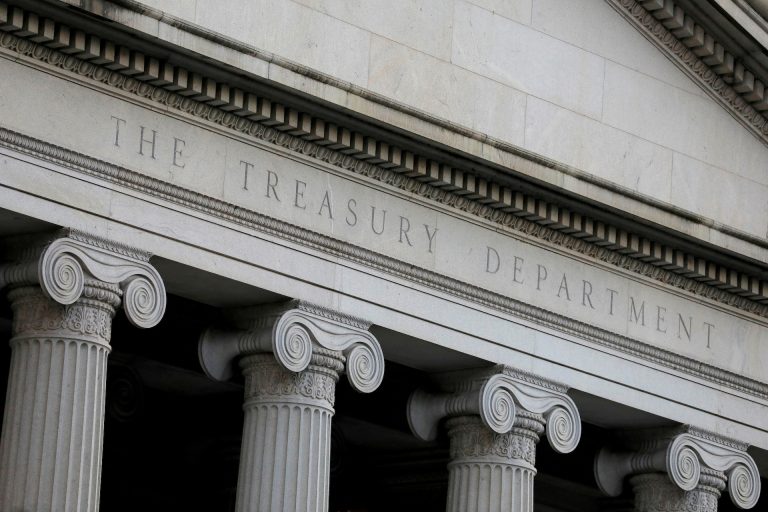WASHINGTON (Reuters) — The U.S. Treasury Department said on Wednesday, Oct. 5 that it would be seeking public input on how to implement $270 billion in new federal tax breaks for electric vehicles, clean manufacturing, and energy efficiency.
The Inflation Reduction Act signed into law by President Joe Biden in August contained incentives designed to help meet his administration’s goals of halving U.S. carbon emissions by 2030 and getting to net-zero emissions by 2050.
“We have to get implementation right. That means we have to listen, engage, and move quickly to translate policy into action,” John Podesta, who was chosen by Biden to lead the implementation of the energy and climate parts of the law, told reporters.
Podesta said the administration is seeking to clarify questions on the credits, such as how easily consumers can get new $4,000 incentives if they buy used electric vehicles (EVs).
The law immediately made about 70 percent of EVs ineligible for tax credits. Automakers say provisions taking effect in January will make most other EVs ineligible.
Success
You are now signed up for our newsletter
Success
Check your email to complete sign up
U.S. Senator Debbie Stabenow told Reuters in a recent interview that she had pushed to ensure the maximum number of EVs qualify for tax credits when she spoke recently to Treasury Secretary Janet Yellen.
“There is limited flexibility, but there is some,” said Stabenow, who represents Michigan, a state that is home to America’s biggest automakers. “Details on definitions matter … It’s various things like, ‘What is a mineral?’
IRS role
The Treasury Department and Internal Revenue Service issued six notices on CleanEnergy.gov requesting input on topics such as tax credits for wind, solar and nuclear power, incentives for energy-efficient homes and clean vehicle credits.
Wally Adeyemo, the deputy Treasury secretary, said the department will work with the IRS to administer guardrails to ensure the benefits are delivered as Congress intended.
“We’re committed to ensuring that as many eligible taxpayers as possible get credits provided by law while carefully protecting against fraud and abuse,” Adeyemo told reporters.
The new law also provided $80 billion to the IRS, much of which will be used to hire replacements for retiring employees and to increase the revenue bureau’s staff, which has fallen over several decades. “The first area of focus is going to be on these climate provisions,” Adeyemo said.
The law’s requirement that EVs be assembled domestically to qualify for credits has raised questions about which vehicles are eligible – and sparked furious objections from South Korea and others. Treasury says input is needed about what constitutes “final assembly” in North America.
Ultimately, the way the law will be implemented is going to “require that investments be made that will not only be helpful to the electric vehicle industry here in the United States, but globally,” Adeyemo said.
In 2024, rules take effect making EVs ineligible for incentives if they have content from a “foreign entity of concern,” a provision aimed at barring Chinese content. Treasury asked if it must clarify the definition of a foreign entity of concern.
By Reuters. (Reporting by Timothy Gardner and David Shepardson; Editing by Paul Simao)

















